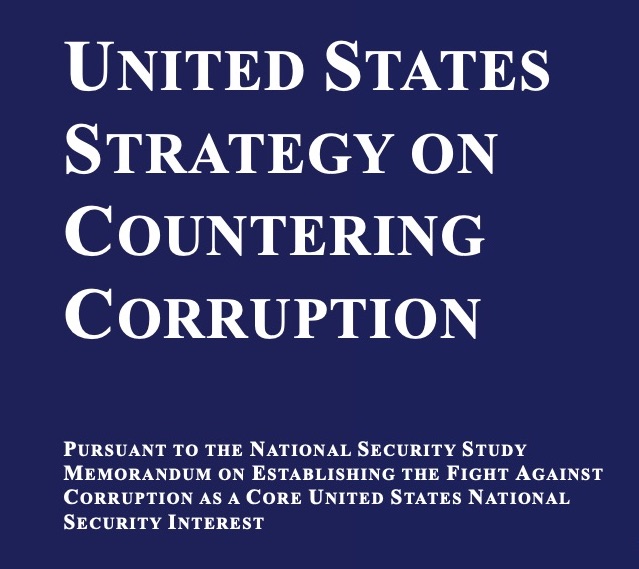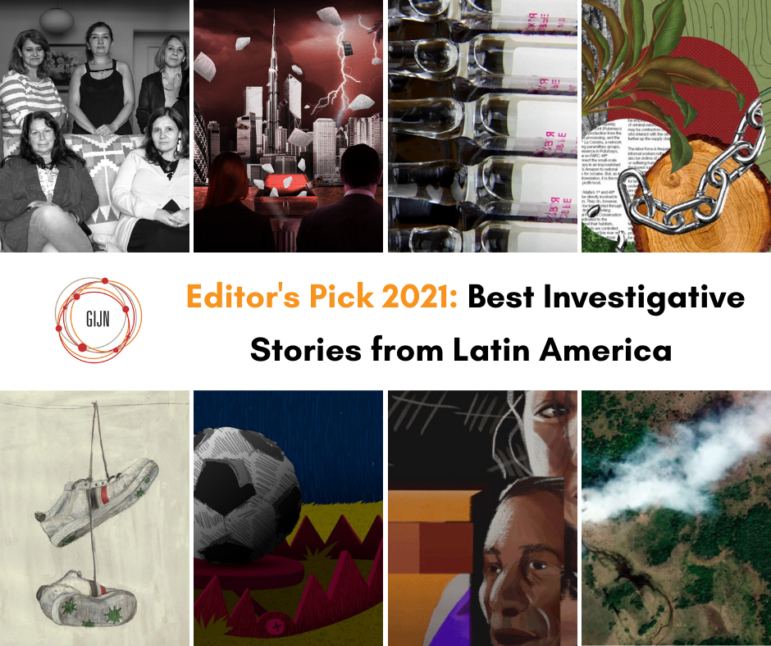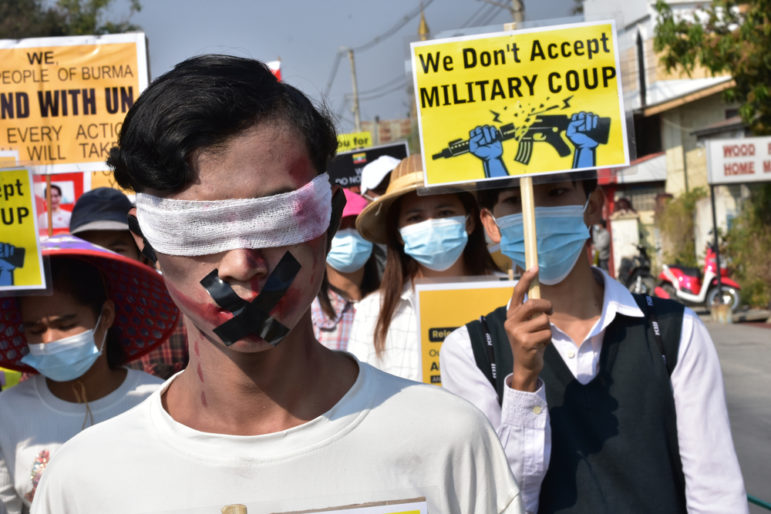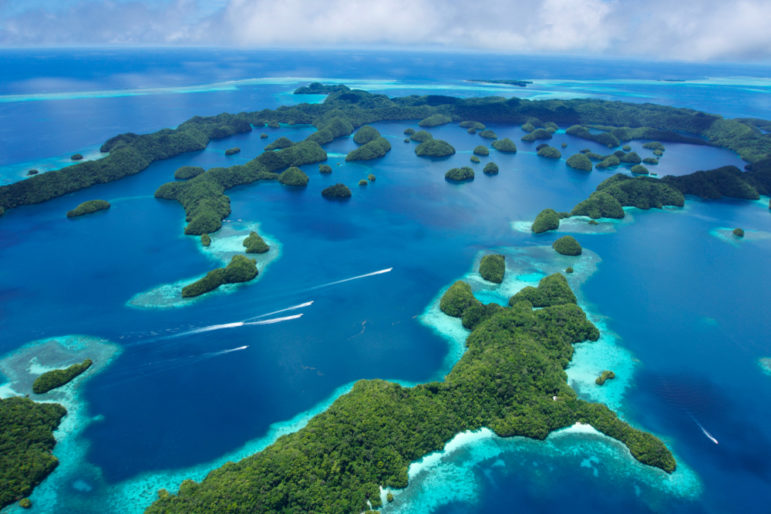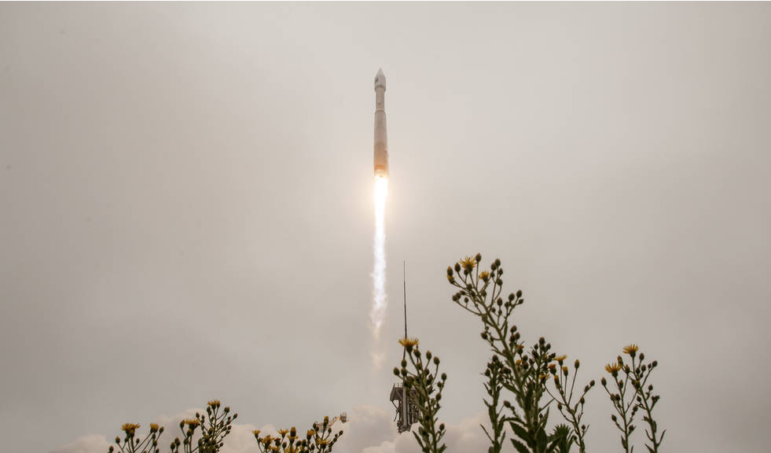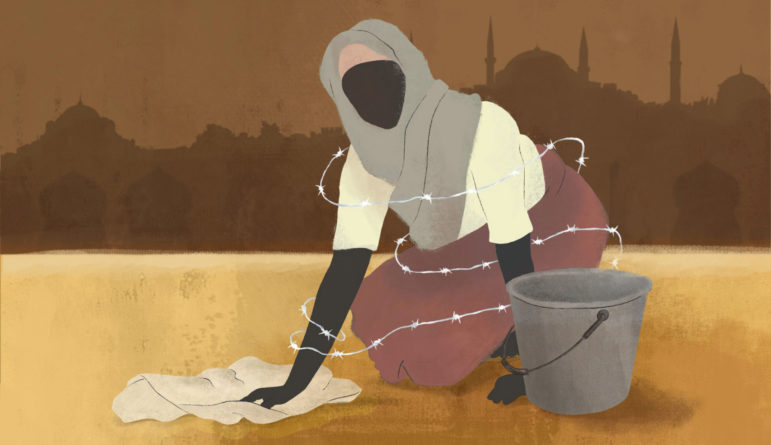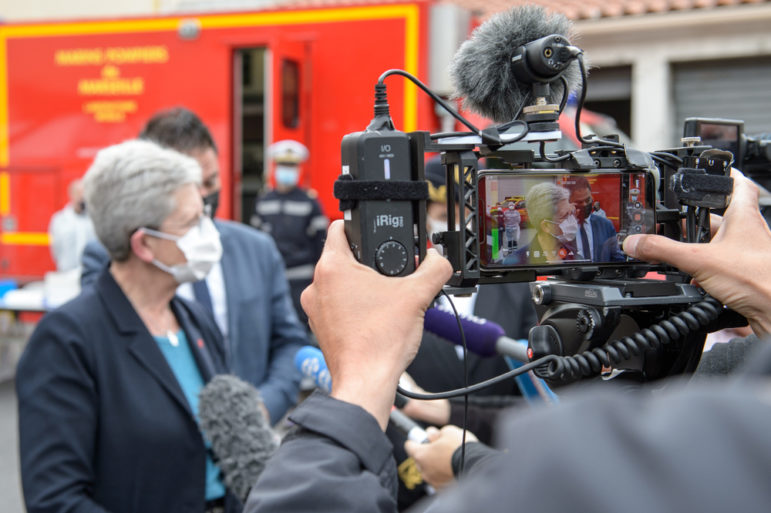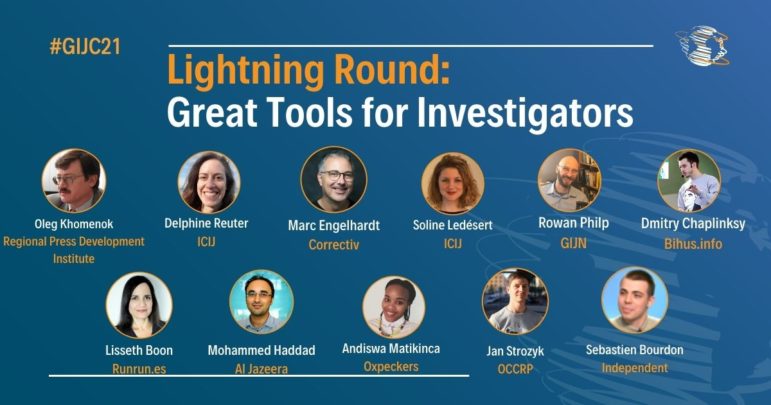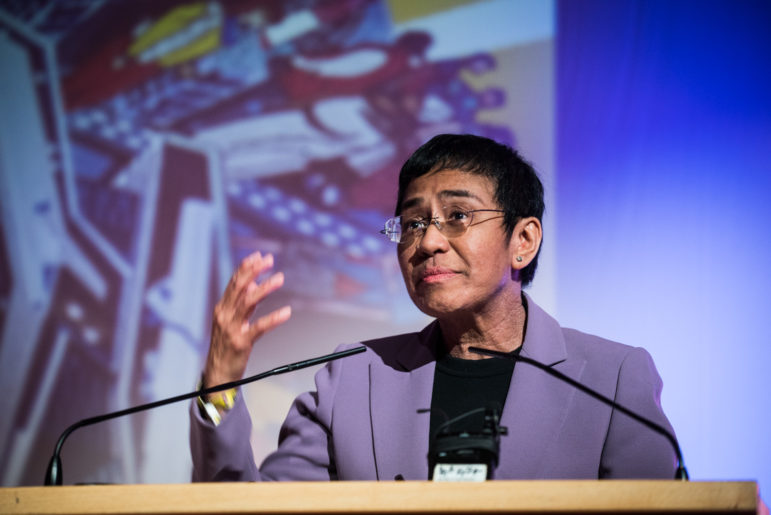
News & Analysis Press Freedom
Reporting Facts to Power: What the 2021 Nobel Peace Prize Means for Journalism
Fact-based journalism has been under siege as newsrooms worldwide struggle against the onslaught of misinformation, disinformation, and falling revenues. But the awarding of the 2021 Nobel Peace Prize to Maria Ressa and Dmitry Muratov, two renowned investigative journalists, is a boost to reporters and highlights the importance of quality journalism for democracy.

